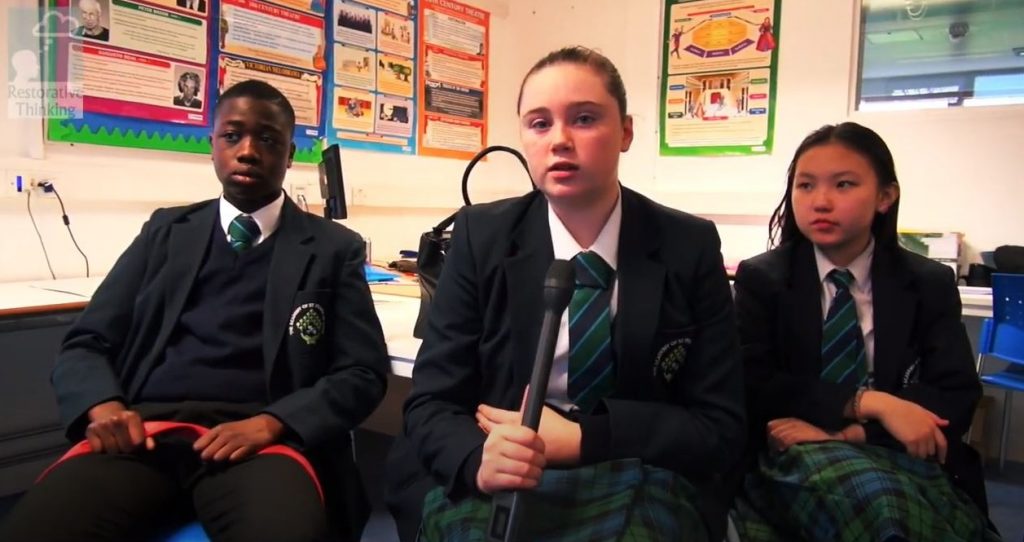Menu
Blended learning options to foster restorative and relational practice.
As restorative practice partner with the Anti-Bullying Alliance, Restorative Thinking supports awareness-raising of the impact restorative practice can have on both preventative and reactionary anti-bullying strategies.
This research report from the DfE highlights qualitative research to understand anti-bullying practices some schools have found effective.
These include approaches to tackling bullying generally and more specific types of bullying, for example:
The report contains seven case studies. It’s a useful resource for schools and other stakeholders looking for examples of anti-bullying strategies. Restorative practice is a key feature in the final case study 7 from Hope School in Merseyside.

Blended learning options to foster restorative and relational practice.
Copyright © 2021 Restorative Thinking Limited